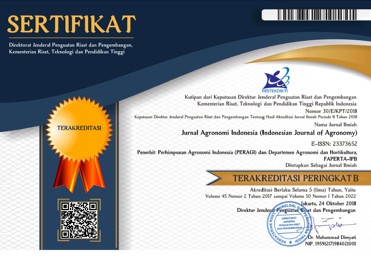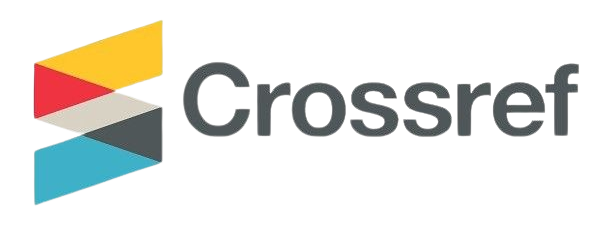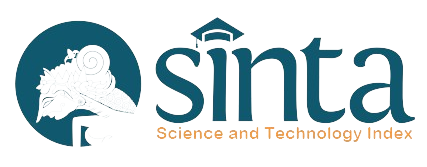Senyawa Fenol dari Tajuk dan Umbi Teki (Cyperus rotundus L.) pada Berbagai Umur Pertumbuhan serta Pengaruhnya terhadap Perkecambahan Gulma Berdaun Lebar
Abstract
Purple nutsedge (Cyperus rotundus L.) is noxious weed that contains allelochemicals which inhibit other plants germination, thereby it can be potentially used as bioherbicide. Laboratorium experiments were conducted to identify phenol compound in purple nutsedge’s shoot and tuber from three plant ages, and to study its effect on germination of Asystasia gangetica and Borreria alata. First experiment was single factor using descriptive method and the second experiment was arranged in completely randomized design with single factor. The first experiment treatments were shoot and tuber extracts of purple nutsedge from 1, 2, and 3 months after planting. The second experiment treatments were control, shoot, tuber, and all parts extracts of purple nutsedge from 1, 2, and 3 months after planting, with 3 replications. Data from the second experiment was analyzed using F test and followed by Tukey test 5%. Result showed that shoot extracts from 2 months after planting had the highest type of phenol compound namely 2-methoxy-4-vinylphenol; phenol,2,6-dimethoxy; 2-furanmethanol; and α-tocopherol. Tuber extract from 3 months after planting suppressed germination rate of A. gangetica about 54.72%. All parts extracts from 2 months after planting suppressed germination rate of B. alata about 60.98%. Purple nutsedge’s extracts inhibited growth of plumule and radicle of B. alata at 2 days after sowing. This showed that purple nutsedge’s extract gave different effects on different weed species.Keywords: allelochemicals, Asystasia gangetica, bioherbicide, Borreria alata, suppression
Published
2017-06-09
How to Cite
KusumaA. V. C., ChozinM. A., & Guntoro dan D. (2017). Senyawa Fenol dari Tajuk dan Umbi Teki (Cyperus rotundus L.) pada Berbagai Umur Pertumbuhan serta Pengaruhnya terhadap Perkecambahan Gulma Berdaun Lebar. Jurnal Agronomi Indonesia (Indonesian Journal of Agronomy), 45(1), 100-107. https://doi.org/10.24831/jai.v45i1.11842
Section
Articles












